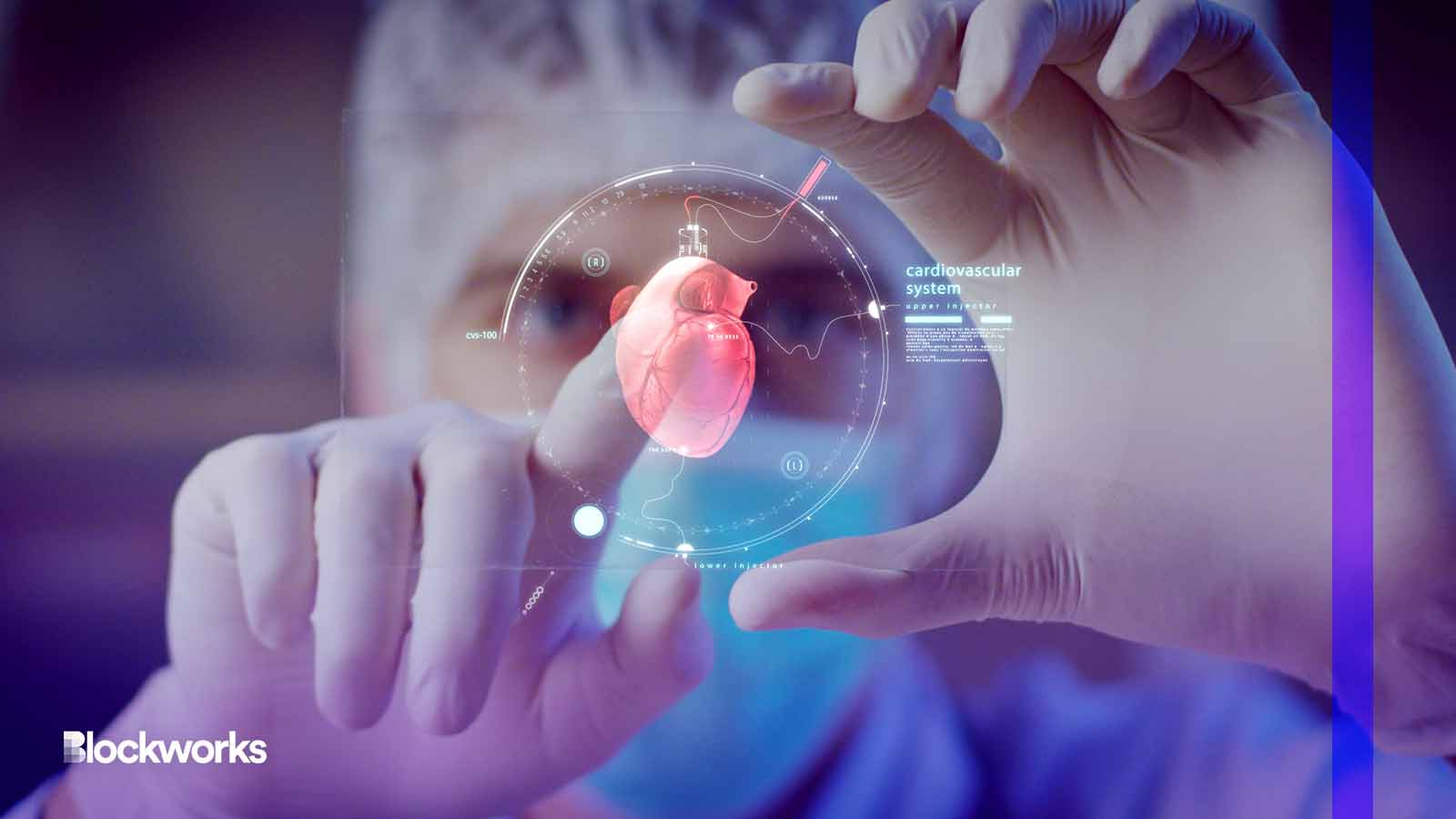Australian cardiac institute ditches cloud storage in favor of Filecoin
Filecoin also works with UC Berkeley, Solana and OpenSea

Kitreel/Shutterstock modified by Blockworks
Decentralized storage solutions appear to be gaining credibility with the scientific community and non-Web3 clients.
The Victor Chang Cardiac Research Institute, an Australian medical organization with over 230 scientists and 23 laboratories, has selected Filecoin as its preferred method to store its massive volume of research.
Established in 1994, the institute was officially inaugurated by the late Princess Diana.
Nearly thirty years later, that same institute has parked roughly 137 terabytes of cardiac research data with the Distributed Storage Solutions (DSS), a top storage provider on the Filecoin network, according to a statement shared with Blockworks.
Todd Ryman, the institute’s IT director, said that the move over to Filecoin officially began in September 2022. Published public data started getting ported over in November 2022.
Ryman said the reason the institute ditched “on-premises storage systems” and cloud-based solutions was because Filecoin offered cost savings.
The institute is no longer “charged excessive fees from cloud providers if we need to restore any of this data,” Ryman said.
And as previously mentioned, there is a lot of data.
A case study published by Filecoin DeStor explained that the institute’s SyncroPatch machine — a medical instrument that can study cardiovascular cells — can generate 20,000 data points per day. Therefore, it produces terabytes worth of data on a weekly basis.
Ryman told Blockworks that Filecoin’s decentralized nature and emphasis on data integrity makes it a good fit for the institute’s needs.
“The decentralized architecture enhances data redundancy and durability, reducing the risk of data loss due to hardware failures or other localized incidents. Filecoin’s use of blockchain technology ensures that data integrity is maintained, making it suitable for preserving valuable research findings,” Ryman told Blockworks.
According to Stefaan Vervaet, the head of network growth at Protocol Labs, the Filecoin network comprises 3,500 storage provider nodes, often referred to as validators. These nodes cryptographically verify on-chain data daily. Protocol Labs is a key contributor to Filecoin.
Additionally, Vervaet told Blockworks the data, including the cardiac institute’s data, isn’t stored on-chain. Rather, “the hash that represents the data is stored on-chain.”
This means data on the network isn’t identified by an IP address, its name, or its file type. The hash, Vervaet said, is essentially a user’s “unique handle” to get to the desired content, which would be stored on DSS or any of the other storage providers on Filecoin.
Sharing data with other researchers, something that’s crucially important in the field of medical science, is also something that Ryman says is possible with Filecoin.
“With Filecoin’s distributed storage and retrieval mechanisms, we can easily provide any researchers with access to specific datasets without the need for large-scale data transfers,” he said. “This enhances collaboration and accelerates research outcomes by facilitating seamless data sharing while maintaining the privacy and security of our datasets.”
The Victor Chang Cardiac Research Institute isn’t the only respected body to use Filecoin. Other clients include the University of California, Berkeley, the University of Utah, and known Web3 players such as Solana and OpenSea.
With its nearly 1700 clients, Filecoin has onboarded 1.5 EiB of data.
To put that in perspective, that 1.5 EiB equals 1.7 billion gigabytes. That’s roughly equivalent to the storage capacity of 13.5 million base model iPhones.
Get the news in your inbox. Explore Blockworks newsletters:
- The Breakdown: Decoding crypto and the markets. Daily.
- 0xResearch: Alpha in your inbox. Think like an analyst.






